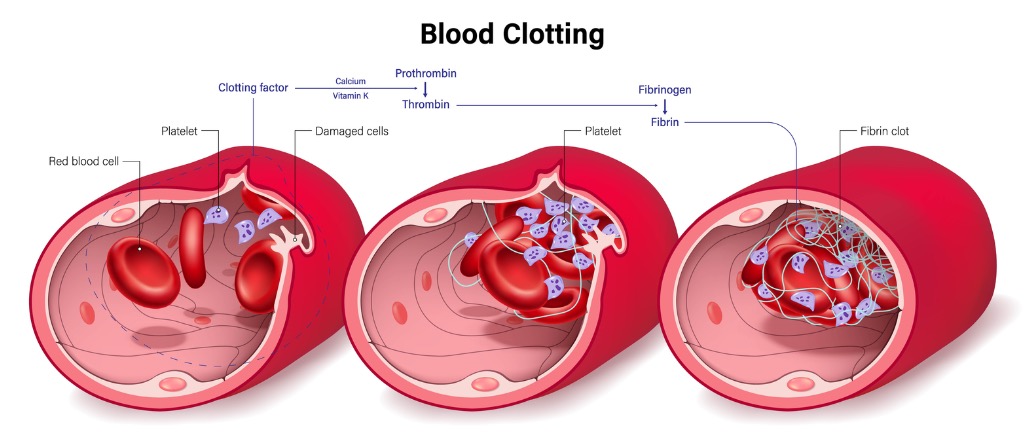
Hypercoagulable States
A hypercoagulable state (also called thrombophilia), is a fancy word for a host of different clotting disorders. It means you have...

A hypercoagulable state (also called thrombophilia), is a fancy word for a host of different clotting disorders. It means you have...

Cardiometabolic syndrome (CMS), also known as metabolic syndrome, is a cluster of metabolic disorders that significantly increase a person’s risk of cardiovascular diseases and type 2 diabetes. CMS is a combination of conditions such as insulin resistance, impaired glucose tolerance, dyslipidemia (abnormal cholesterol levels), hypertension (high blood pressure), and central adiposity (excess fat around the waist). CMS is unfolding as a new topic of cardiology research because it highlights the intricate and essential relationships among obesity, insulin resistance, and cardiovascular well-being. Understanding CMS and its causes, as well as exploring new ways to diagnose and treat it, is essential for a brighter public health future. Advancements in our knowledge of CMS empower the cardiology field to evolve into a holistic, individualized cardiovascular care domain.

FMD is a non-inflammatory, non-atherosclerotic disorder. Meaning it is not caused by inflammation or plaque buildup. FMD causes narrowing or blockage of specific arteries in your body and also can lead to bulging of an artery caused by weakening of the artery wall (“aneurysm”) or a tear in the artery (“dissection”).

Hypertension is a very common condition. The effect of hypertension alone on COVID-19 severity is not particularly well understood. However,...

People with compromised cardiovascular and respiratory systems are at higher risk for developing severe disease because their bodies lack reserve...

Your risk for becoming infected does not appear to be greater because you have a heart condition. However, if you...

The virus that causes COVID-19 can affect your heart either by invading your heart cells or by over-activating your immune...

The virus that causes COVID-19 can affect your heart either by invading your heart cells or by over-activating your immune...

Normally, blood flow in the veins is aided by valves, which keep the blood moving upward, against the force of...